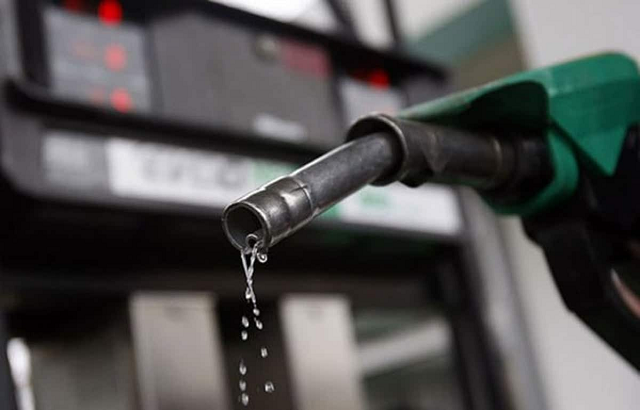The recent surge in fuel price to a staggering N897 per liter has sent shockwaves through the Nigerian nation. This unprecedented hike has had a ripple effect on virtually every aspect of our lives, from transportation to food prices.
As Nigerians, we are faced with a daunting challenge—how to navigate this economic storm and ensure our survival. This article offers practical tips and strategies to help you weather the fuel crisis and maintain a decent standard of living.
1. Prioritize Your Budget
- Track your expenses: Keep a detailed record of your daily spending to identify areas where you can cut back.
- Create a budget: Allocate a specific amount for essential expenses like food, transportation, and utilities.
- Reduce non-essential spending: Limit unnecessary purchases and avoid impulse buying.
2. Optimize Your Transportation
- Carpool: Share rides with friends, colleagues, or neighbors to reduce fuel consumption.
- Use public transportation: Consider taking buses, trains, or other public modes of transportation whenever possible.
- Walk or bike: For short distances, opt for walking or cycling to save on fuel costs.
3. Cook at Home More Often
- Prepare meals: Cooking at home is generally cheaper than eating out and allows you to control the ingredients and portion sizes.
- Buy in bulk: Purchase groceries in larger quantities to get better deals and reduce the frequency of shopping trips.
- Plan your meals: Create a weekly meal plan to avoid food waste and minimize impulse purchases.
4. Reduce Energy Consumption
- Unplug electronics: Turn off devices when not in use to conserve electricity.
- Use energy-efficient appliances: Invest in energy-saving appliances like LED bulbs and efficient refrigerators.
- Adjust your thermostat: Lower your thermostat during the cooler months and raise it during the warmer months.
5. Explore Alternative Income Sources
- Freelancing: Utilize your skills to earn extra income by working from home.
- Part-time jobs: Look for part-time employment opportunities to supplement your income.
- Start a small business: Consider starting a small business that aligns with your interests and skills.
6. Leverage Technology
- Online shopping: Compare prices and find deals online to save money on purchases.
- Remote work: If your job allows, work remotely to reduce commuting costs.
- Online learning: Take advantage of online courses to acquire new skills and enhance your job prospects.
7. Support Local Businesses
- Buy local: Patronize local businesses to boost the economy and support your community.
- Shop at farmers’ markets: Purchase fresh produce and other goods directly from farmers to get better prices.
8. Stay Informed and Engaged
- Follow the news: Stay updated on the latest developments regarding fuel prices and government policies.
- Support advocacy groups: donate to or volunteer with organizations working to address the fuel crisis.
Fuel Price Conclusion
The fuel crisis presents significant challenges for Nigerians, but by adopting these strategies, we can mitigate its impact on our lives. By prioritizing our budgets, optimizing our transportation, reducing energy consumption, and exploring alternative income sources, we can navigate this difficult period and emerge stronger.
Remember, collective action and resilience are key to overcoming adversity. Let us unite as a nation and work together to build a brighter future for ourselves and generations to come.













